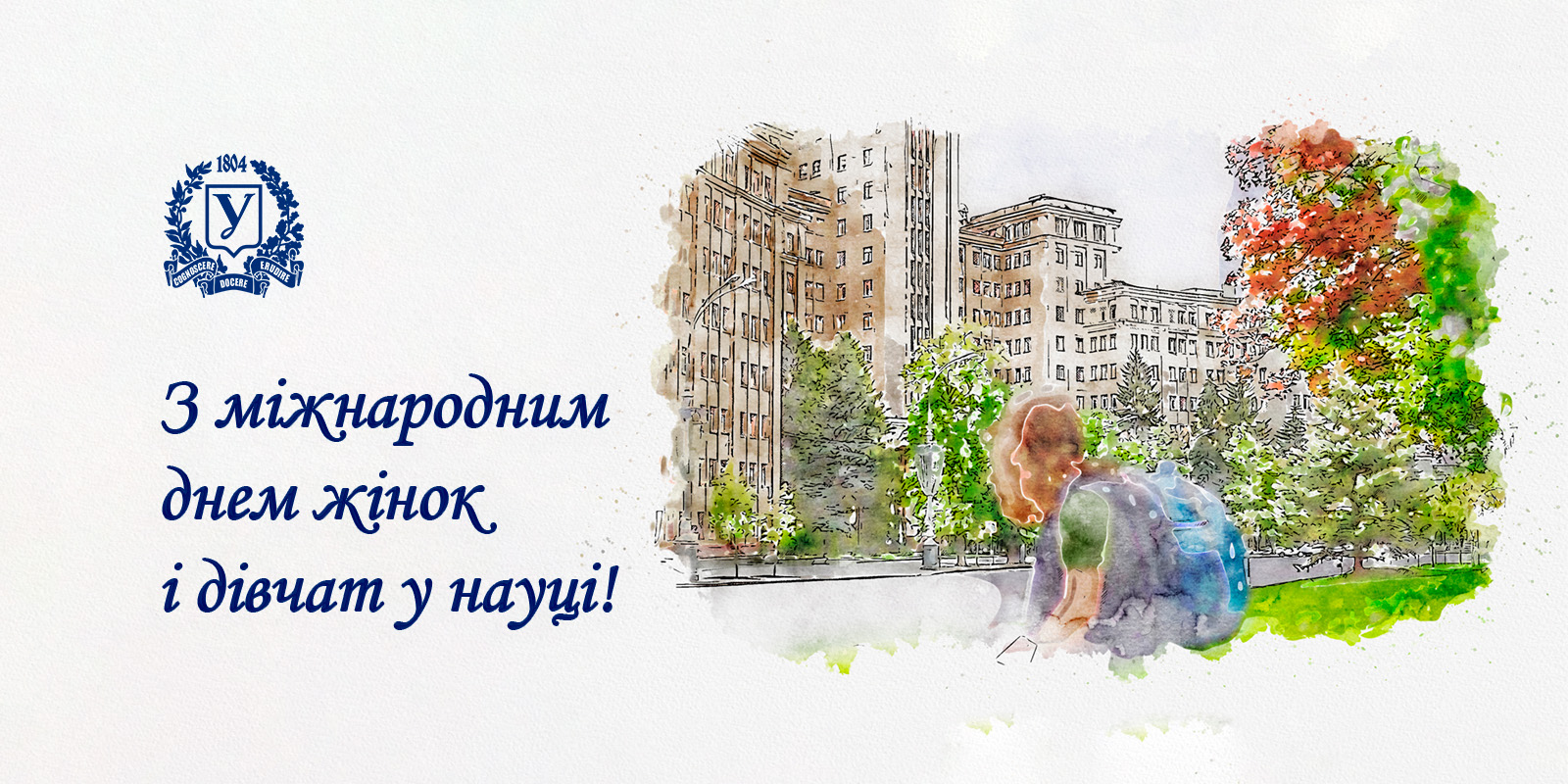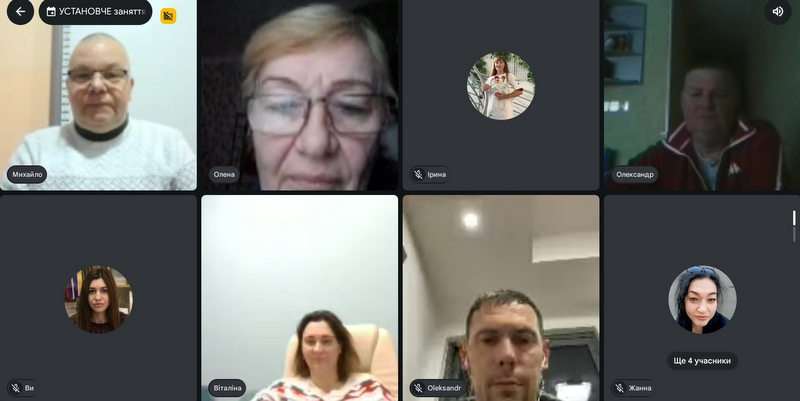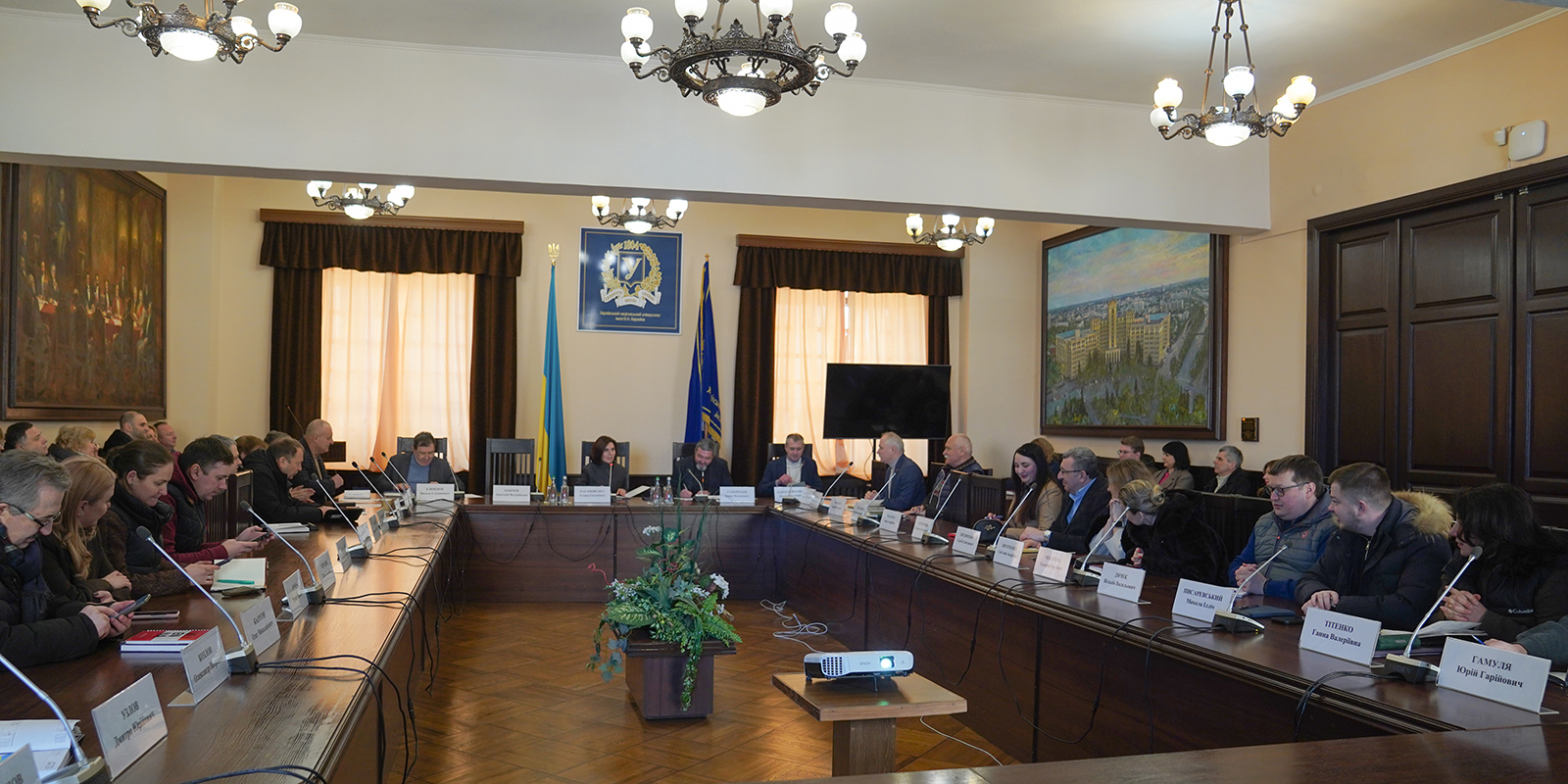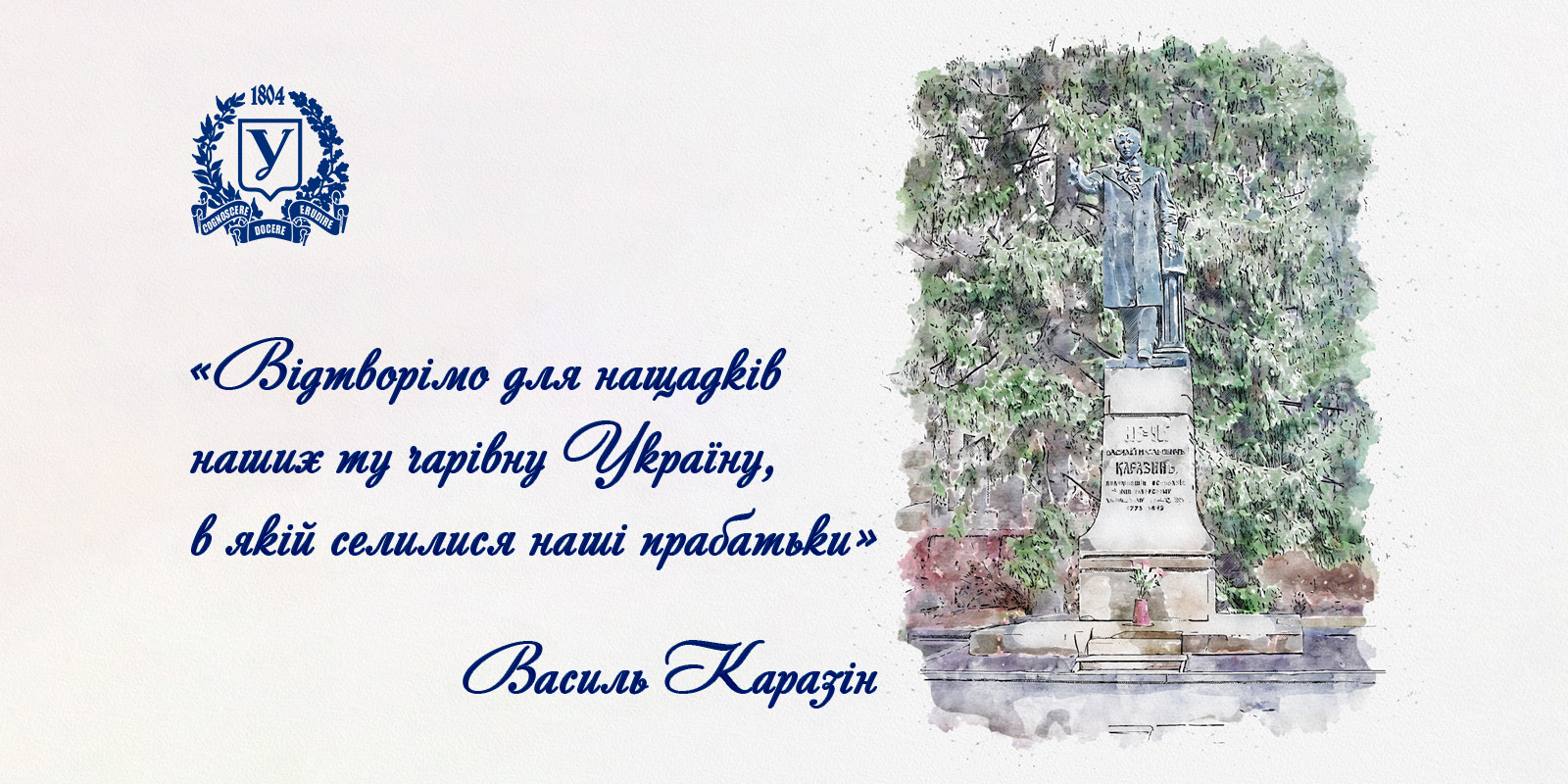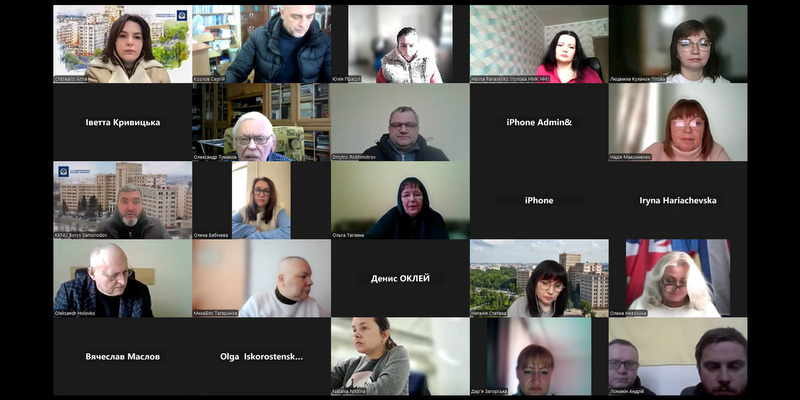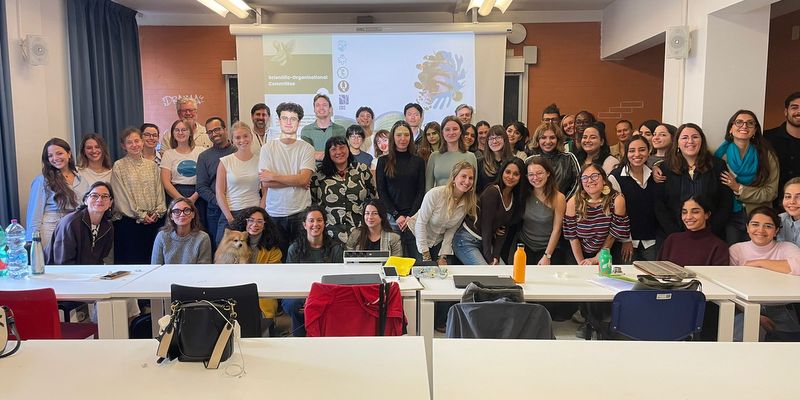The Ukrainian remote scientific and methodological conference with international participation "Issues of Oriental Studies in Ukraine"
%20(1).png)
On April 13, 2023, Karazin University hosted the VII All-Ukrainian Scientific and Methodological Conference with International Participation "Issues of Oriental Studies in Ukraine", which was attended by Ukrainian and foreign scholars and researchers.
.png)
At the opening plenary session, Svitlana Virotchenko, Dean of the School of Foreign Languages of Karazin University, delivered a welcoming speech, expressed her gratitude for the interest shown and wished fruitful work during the conference.
Ivan Semenist, Dean of the Faculty of Oriental Languages at Borys Grinchenko Kyiv University, shared his thoughts on the prospects to develop the field of Oriental Studies and its scientific research, and the importance of established communication between Ukraine and China.
Tetyana Chelombitko, Director of the Confucius Institute of Karazin University, welcomed all the participants and emphasized the positive practice of holding joint scientific events for sinology development.
Foreign Arabist scholars also joined the conference. Mohamed Azhari, Doctor of Philology from Morocco, made a presentation on "Vocabulary Teaching: Problems and Role in Arabic Language Learning and Teaching". Wael Hussein, Doctor of Philology from France, discussed the role of the Arabic language in human civilization, and Mohamed Lamaashi, Senior Lecturer at the Department of Foreign Languages and Intercultural Communication at the Semen Kuznets Kharkiv National University of Economics, spoke about the importance of using a medium language in teaching a foreign language.
.png)
The conference successfully organized workshops in various areas:
- linguistics, translation studies and literature of the East;
- philosophy and culture of the countries of the East;
- education, and teaching methods of oriental studies in the countries of the East;
- Arabic language and intercultural communication;
- History of the East: problems of theory and practice;
- countries of the East and Africa in world politics;
- modernization processes in the economies of Asia and Africa.
The plenary and breakout sessions provided an opportunity to discuss issues of education, upbringing and politics in the East, to raise topical issues of linguistics, translation studies and teaching methods, and to delve into the culture, history and philosophy of the East. The conference participants demonstrated a high level of preparation of their scientific reports and took part in lively discussions.
We express our gratitude to all the guests and participants and wish them further professional success and inspiration!



.jpg)
%20(1).jpg)
.png)
.png)
